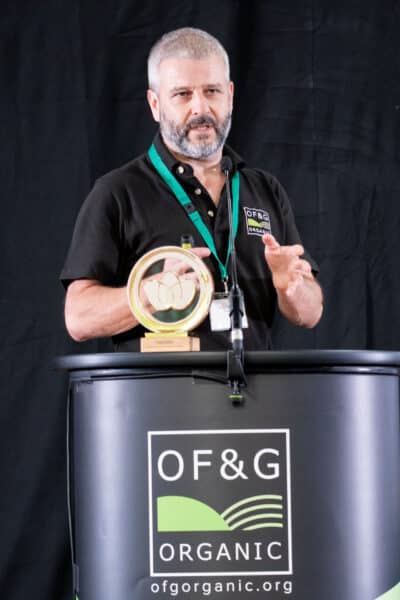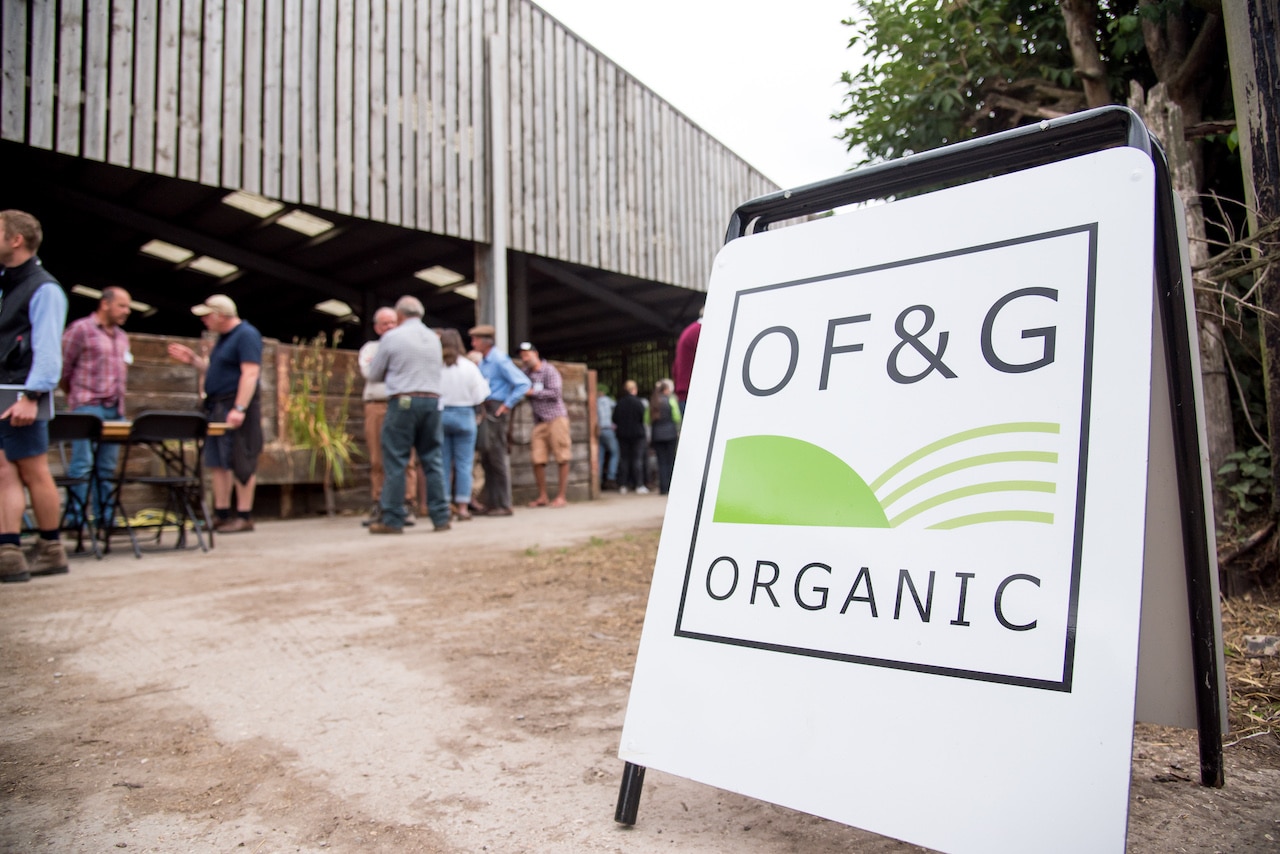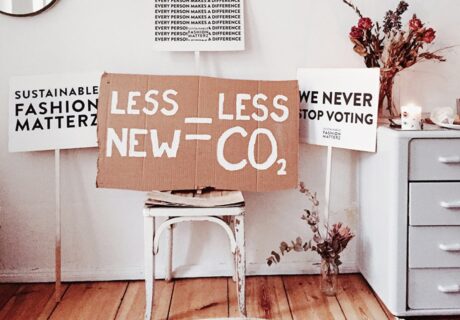Delegates at a recent Organic Farmers & Growers (OF&G) conference heard how the combination of current market opportunity and increased recognition of organic’s benefits are reason for increased UK organic agricultural land area.
Speaking at the OF&G National Organic Combinable Crops event, Eric Gall – deputy director and policy manager, IFOAM Organics Europe – compared the UK’s organic land area (3%) to that of 16 countries in Europe which have more than 10%. “The UK has the eighth largest market for organic food sales worldwide, but current low production levels leave plenty of scope for growth. Organic farming is a ‘climate smart’ solution and the leading model for a transition to more sustainable food systems. It is time to capitalize on this opportunity.”
Gall added that policy support for organic farming ‘remains insufficient’.
If we’re told we have to follow the science, then organic has been proven to deliver
 Roger Kerr, OF&G chief executive (pictured), said a newly published, independent French Court of Auditors report ‘provides further confirmation that organic processes assure positive outcomes’. “The Court of Auditors has evaluated public policy support for organic farming based on a review of extensive scientific literature. It highlights the scientifically proven benefits for health with less cancers and diabetes in organic consumers, as well as benefits for water quality, less GHG emissions and greater biodiversity. If we’re told we have to follow the science, then organic has been proven to deliver.
Roger Kerr, OF&G chief executive (pictured), said a newly published, independent French Court of Auditors report ‘provides further confirmation that organic processes assure positive outcomes’. “The Court of Auditors has evaluated public policy support for organic farming based on a review of extensive scientific literature. It highlights the scientifically proven benefits for health with less cancers and diabetes in organic consumers, as well as benefits for water quality, less GHG emissions and greater biodiversity. If we’re told we have to follow the science, then organic has been proven to deliver.
“France and other EU countries are committed to providing substantial support for the development of the organic sector through research and innovation. There is widespread recognition from our nearest neighbours that organic farming can be an effective public policy tool in reaching environmental policy objectives.
“If we wish to succeed in the transition to more environmentally friendly practices then we need to facilitate higher organic conversion rates,” he continues. “It’s great to hear such positive dialogue at NOCC, and elsewhere, but we have yet to see that formalized in policy measures.”





